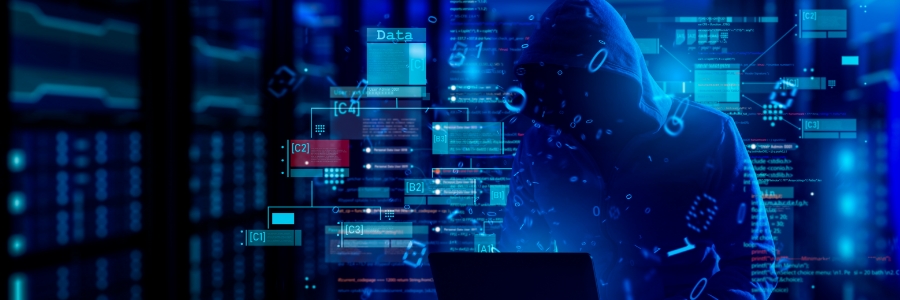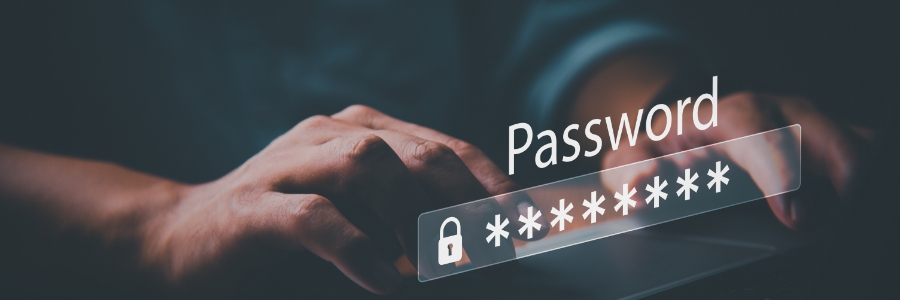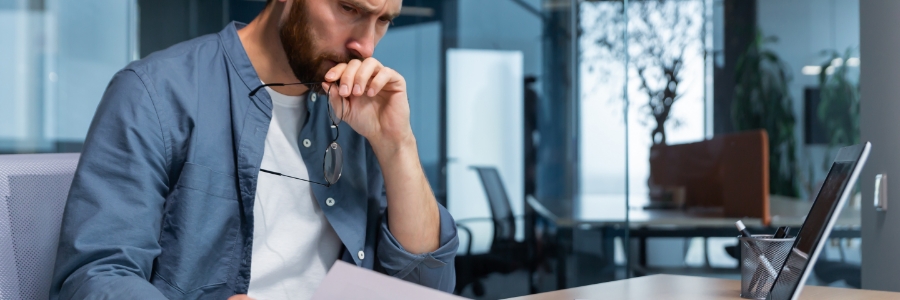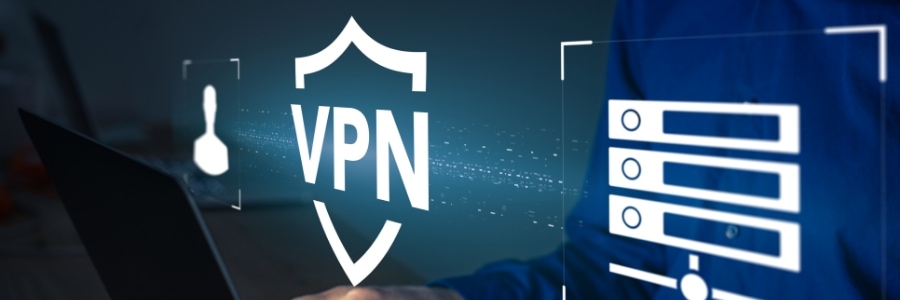The festive season is upon us, but amidst the jingle bells and peppermint lattes lurks a silent threat: holiday hackers. As shopping sprees intensify and online transactions skyrocket, cybercriminals see fertile ground for their nefarious deeds. Here are expert insights and top tips to protect your business from holiday hackers.
Holiday cybersecurity tips to protect against hackers
Don’t fall for these common social engineering tricks
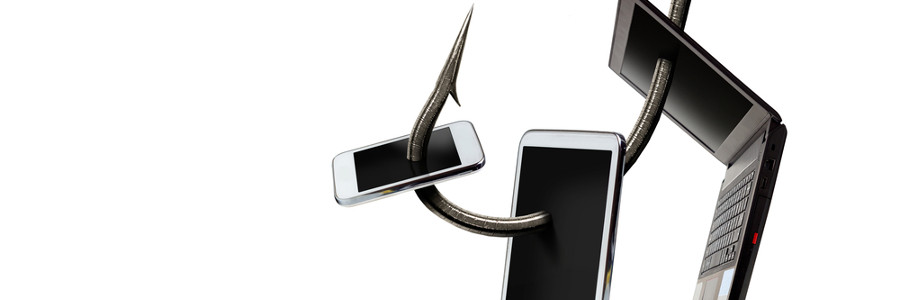
In an ever-evolving cybersecurity landscape, experts tirelessly develop new defense systems to safeguard individuals and businesses from the relentless pursuit of hackers. But hackers have found an effective way to circumvent even the most robust network security systems: They capitalize on human vulnerabilities, tricking people into divulging sensitive information.
How to boost cybersecurity when working remotely

Remote work has become the norm, and it brings a host of benefits to both employees and employers. However, working outside of a traditional office environment introduces unique security challenges. Fortunately, there are steps you can take to improve your and your employees’ cybersecurity while working remotely.
Facebook and Twitter privacy settings: Everything you need to know
Are your passwords strong enough?
Stepping up your business security: The power of two-factor authentication and two-step verification
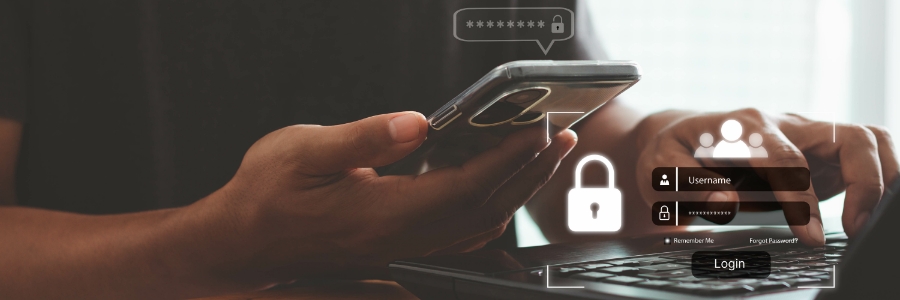
Every corner of the digital landscape hides potential threats to businesses. Luckily, you can fight back with a range of cybersecurity tools and technologies. Two of these resilient tools, two-factor authentication (2FA) and two-step verification (2SV), have become essential measures for any organization looking to protect its systems and data.
Future-proof your business with IT security audits
What to consider when choosing a VPN solution
5 Common ways SMBs’ systems can be breached

Cybersecurity is a constantly evolving field, and the threats that businesses face are becoming more sophisticated. One of the best ways to stay protected is to be aware of the most common ways that IT systems can be broken into. Here are five ways that your IT systems can be compromised/
You are duped into installing malware
There are many ways that malware can be installed on your computer without your knowledge or consent.

